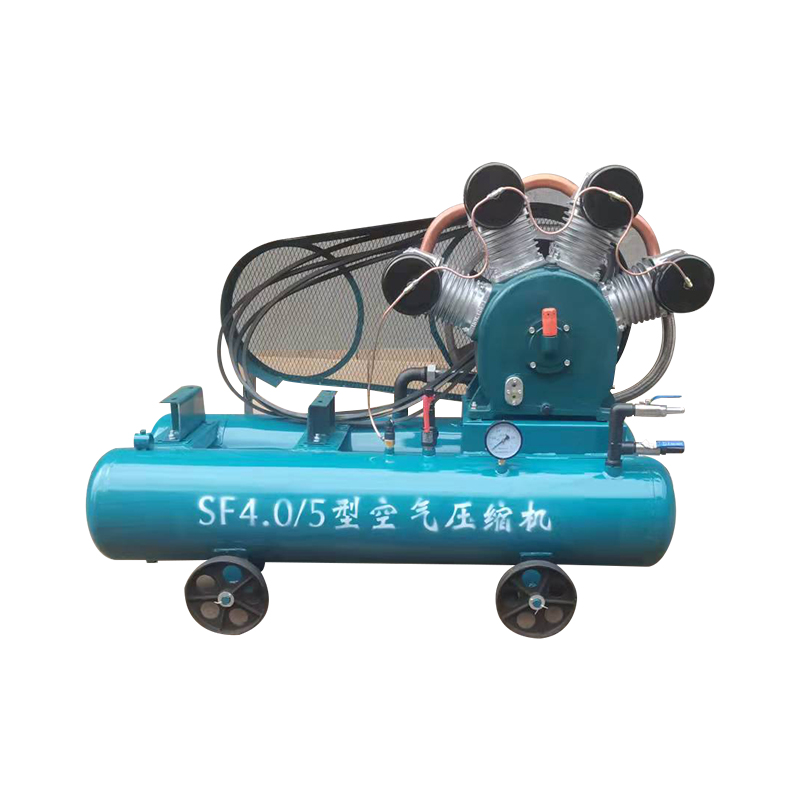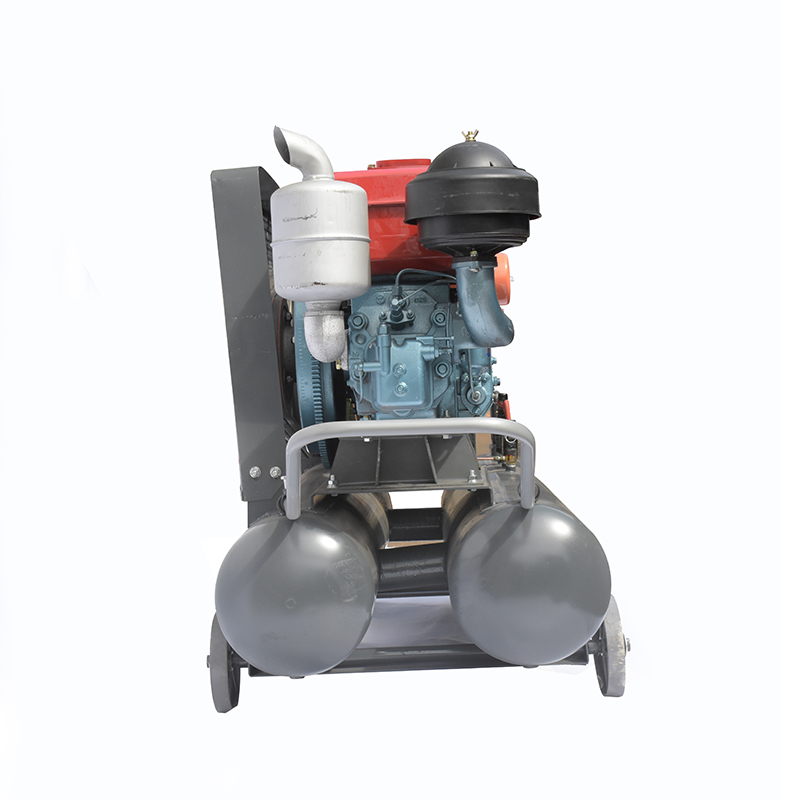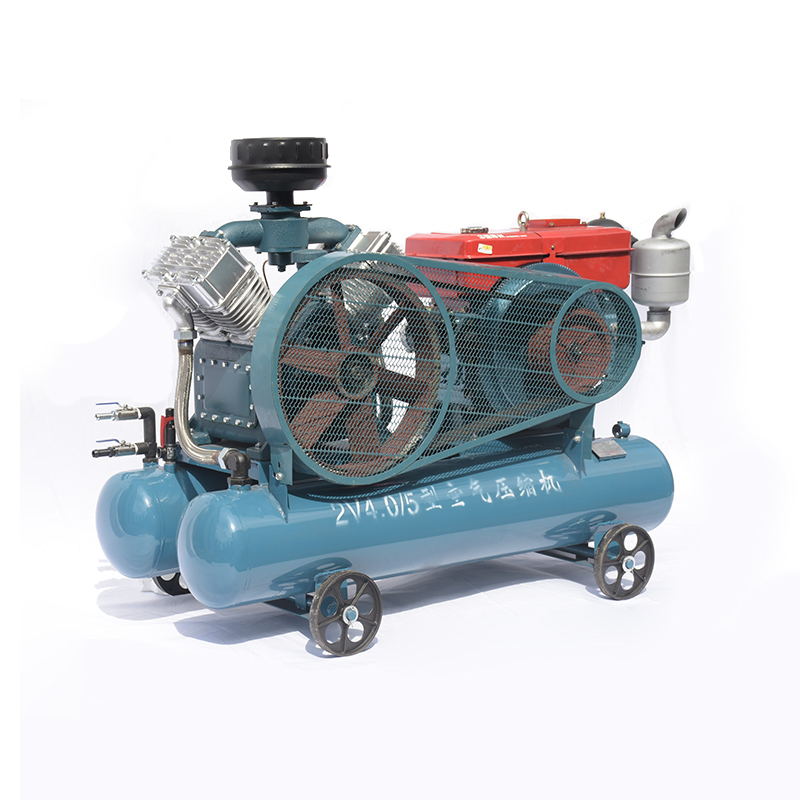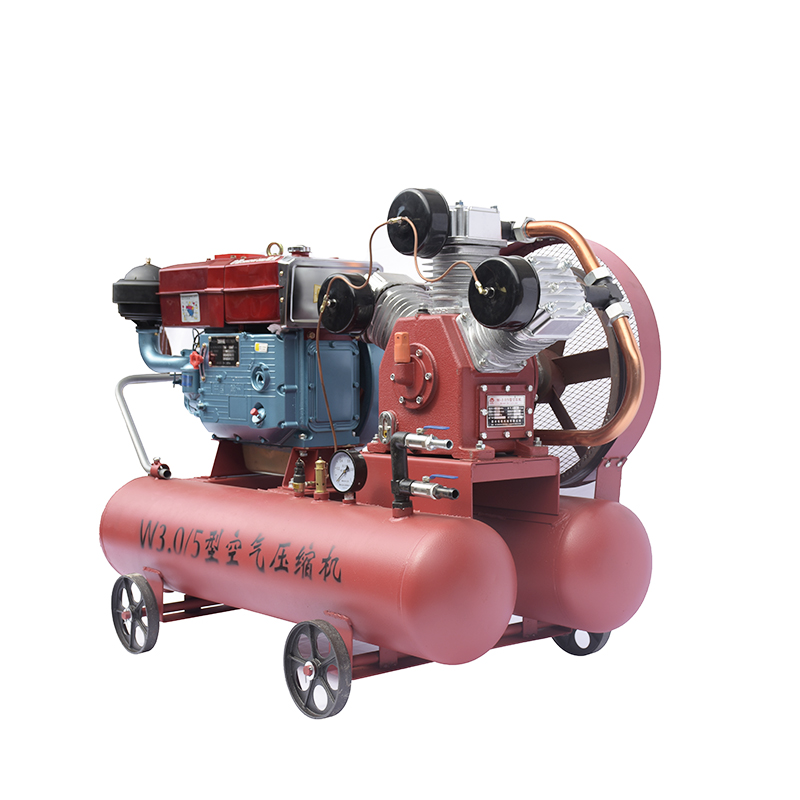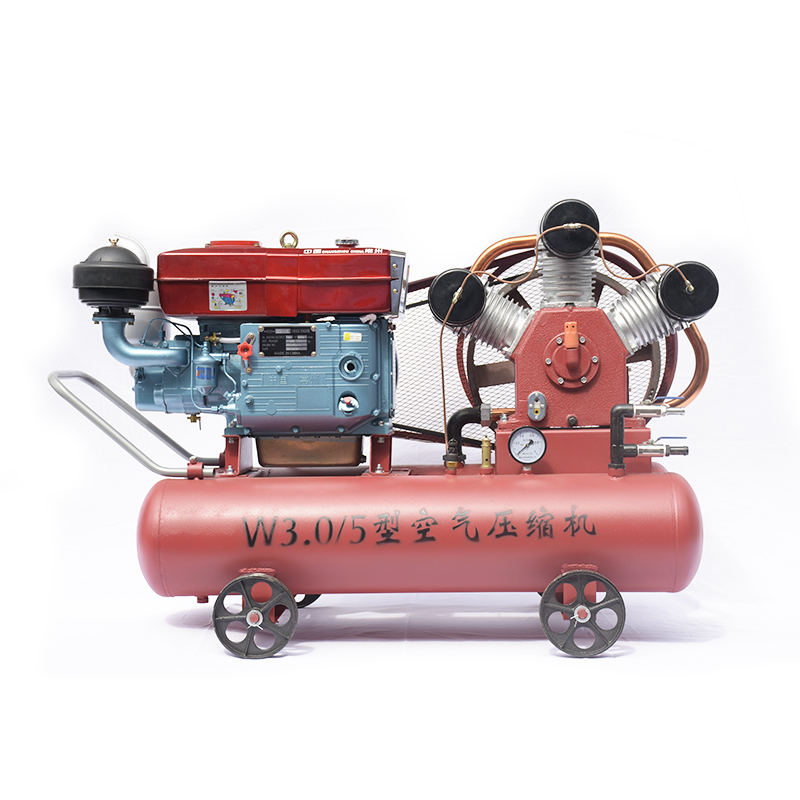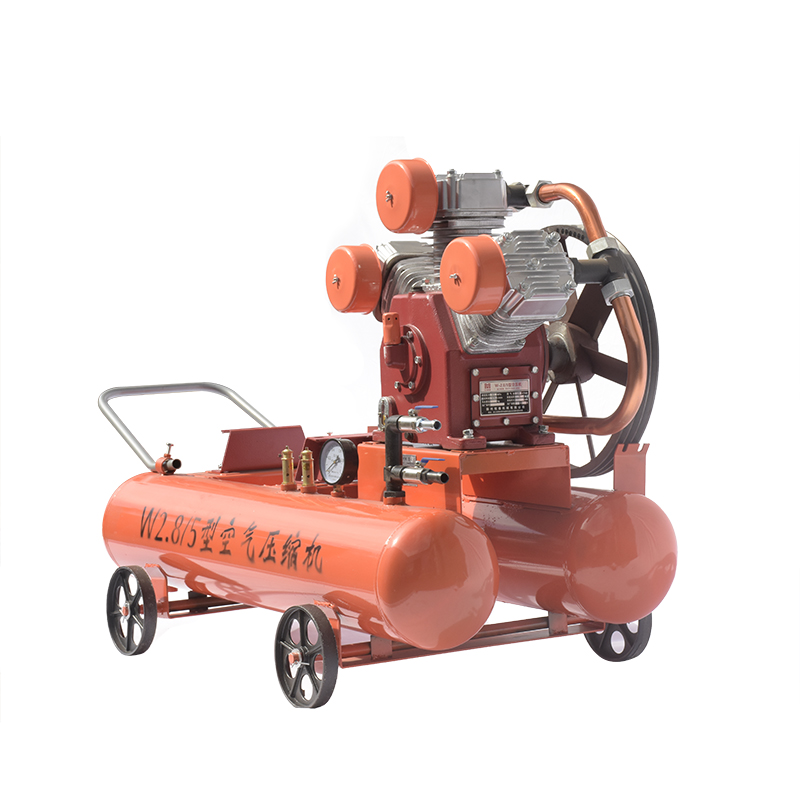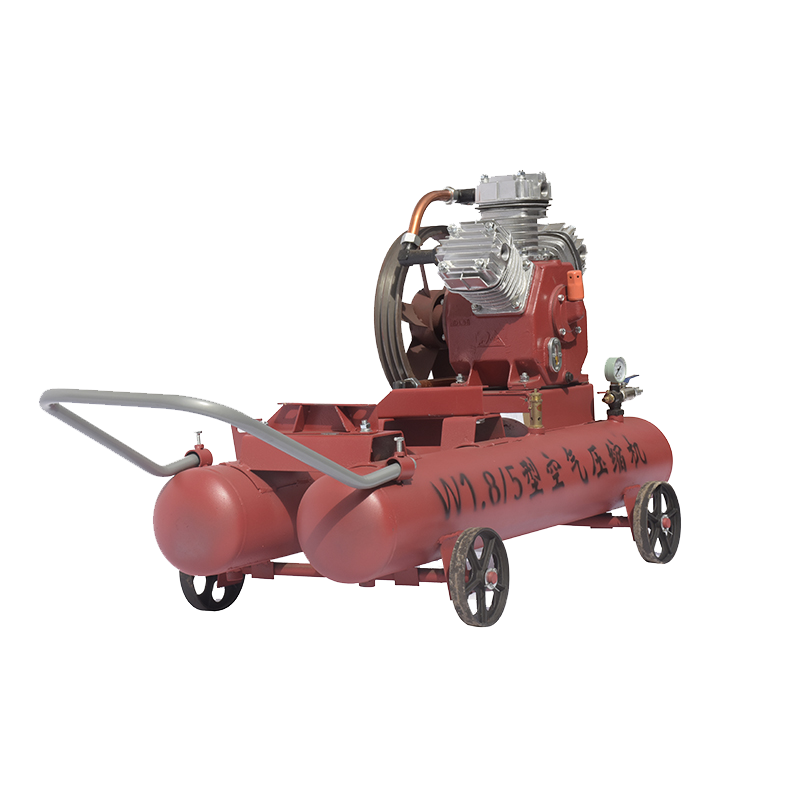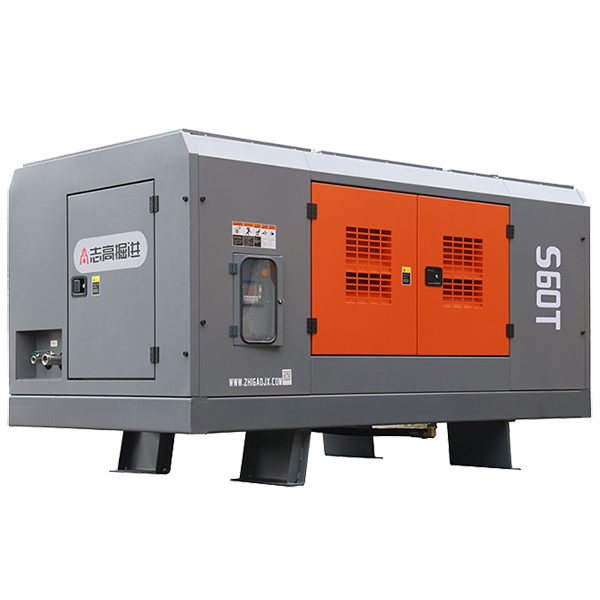With summer temperatures rising, consider air conditioning as your go-to solution for keeping your home or office cool and comfortable. While selecting the perfect AC may seem like a challenging task, these helpful tips will make the process simpler – from size, capacity, and energy efficiency, to features and user preferences.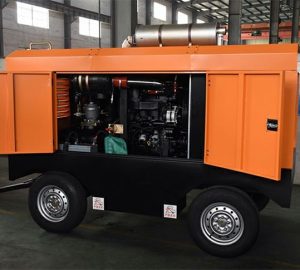
If you are considering an air conditioning unit for your space, the size and capacity of the system you require will depend on the size of the room or area to be cooled. The bigger the area, the larger the unit you will need – but more expansive and less efficient in terms of power usage. Conversely, whilst a smaller unit may still be capable of cooling a reduced space, it might also be more energy efficient and less costly. Measuring the space to be cooled and then working out the necessary BTU rating (British Thermal Units) based off the square footage calculations should guide you in determining the correct size and capacity for your AC unit.
Make sure to keep energy efficiency in mind when picking out your air conditioner. More specifically, check what the SEER (Seasonal Energy Efficiency Ratio) rating of each unit is; the higher the number, the less energy will be consumed. A SEER of at least 14 is recommended and could potentially help cut costs on monthly utility bills.
You can make your life at home a lot simpler with today’s air conditioners, thanks to the vast range of features and technology available. Smart technology lets you control the system with one tap from your smartphone, and adjustable airflow and dehumidifiers provide personalized temperature control. With such in-built convenience, you can be rest-assured that getting cozy indoors will be simpler than ever.
It’s important to select an air conditioning system that meets your needs. Two primary options are window units and central air systems. An affordable option with simple installation, window units are popular, yet they may make a bit of racket and not work well for larger spaces. Central air systems require expert setup and have a bigger cost tag, but they tend to be very quiet while providing cooling for bigger spaces.
Money matters! When choosing an air conditioner, it’s crucial to take into account your allotted budget. Seek out A/C systems with features that are appropriate for you and boast energy efficiency; all without going beyond your monetary range.
After you have mulled over all the important details, it’s time to embark on the shopping journey. Peruse the web for customer reviews of the diverse options you are looking at, and venture out to your local shops to suss out the price tags. Delve a little deeper and check with the sellers for more information while you are at it; it is always beneficial to ask questions and seek counsel so that you can make sure you’re getting your value for money.
If you want to find the best air conditioner for your room or office, keep in mind that there are plenty of factors to consider before investing. Make sure to check the size and cooling power, as well as the energy and cost savings it can provide. Plus, pay attention to extra features and types that can increase the comfort of your space. With a bit of research, you will be able to determine the best fit for your individual needs and budget.
When choosing an air conditioner for your abode, it’s important to consider the unit that best caters to both your needs and budget. An ill-fitted AC system will not only put a strain on your energy bills but on your total happiness. To help make this process simpler, here is a comprehensive review of all the key points for selecting the ideal air conditioning system for your home.
To choose the right size air conditioner, you’ll first need to evaluate the area you wish to cool. Estimate the square footage of the room by adding together the length and width. Then, discover the BTU—or British Thermal Unit—rating of your chosen air conditioner model. This rating measures the cooling power of the unit and should equate to 20 BTUs for every square foot of space. For instance, if you have a 400-square-foot room, you’ll need an AC with an 8,000 BTU rating.
When selecting an air conditioner, there are two major choices: window air conditioners or split systems. The former is cheaper to purchase and simpler to install, but provides restricted cooling capacity and low efficiency. From a beneficial standpoint, the latter is more advanced to set up, however it does offer much higher efficiency, can cool larger areas, and is furnished with further features such as diverse fan speeds and zoning capabilities.
After you have settled on selecting an air conditioner, you must now look into the various features available across different models. A few elements you may want to think about encompass energy efficacy, sound-level, and climate adaptation options. Power proficiency is essential for keeping energy expenses to a minimum, so make sure to inspect the models with a high Energy Star rating. A lower noise level is essential if you are running the AC at night, thus search for versions that are quieter. Climate alteration features such as dehumidifiers and air purifiers contribute to maintaining a higher indoor air quality, with some designs providing remote control operation too.
Once you have determined all of your needs and preferences, the next step is to consider your budget for an air conditioner. You may find that the cost varies greatly, anywhere from a few hundred dollars for a basic window unit to thousands of dollars on a top-notch split system. Be mindful that installment fees could also significantly affect the overall cost, particularly if the air conditioner is intricate to set up.
Making an informed decision when it comes to picking an air conditioner can mean the difference between a sweltering summer and a comfortable home. By taking the time to assess your needs, you’ll be sure to choose the best air conditioner for you. Guaranteeing a content and pleasant atmosphere in your house during those hot summer months.
Post time: 2023-07-22


